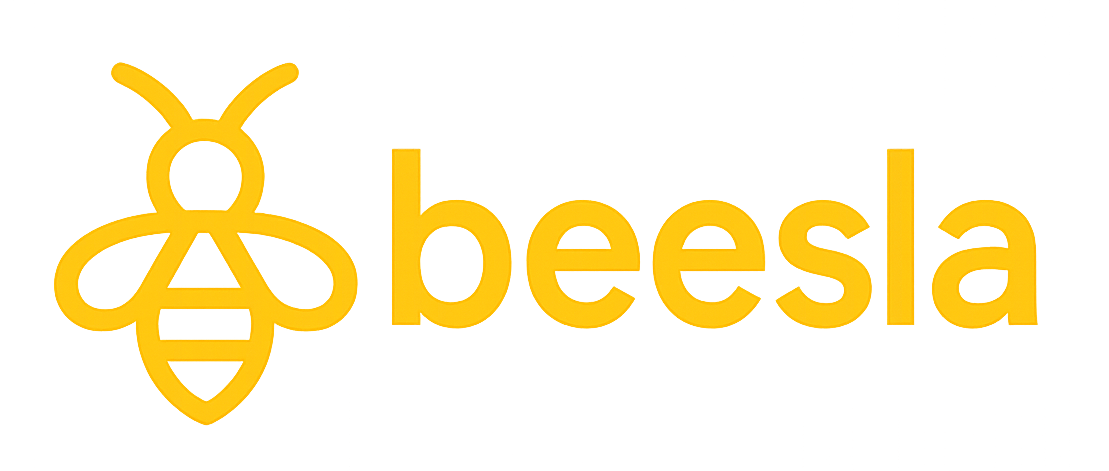Skills: Basic-Mid SQL, QA mindset, 3y in SDLC (QA, UAT or data analyst). BIG PLUS: testing. Other bonus: data analytic skills, API
Must have’s:
- 3 years’ experience in any capacity in SDLC (could have been a QA , data analyst, user testing, etc.) if someone has higher years up to 7-8 years, that is okay
- Beginner/basic to mid-level SQL (can build a simple SQL query)
- Go-getter personality/eager
- Good QA mindset (can think about how to test an arcade, ATM machine, water bottle, etc.)
HUGE PLUS
- Testing experience / knowledge
Nice to have’s:
- Data analytics skills
- Computer Science
- API knowledge
Space:
Line Of Business - Credentialing, Registration,
Education and Disclosure (Line of Business (LOB))
JD: Associate Principal Analyst in Application Quality and Business Support is responsible for the User Acceptance Testing (UAT) process and ensuring the quality and functionality of the products before they are deployed to end-users and provide Business Support to manage issues found in production. Analyst works closely with cross-functional teams, including software developers, product managers, and quality assurance teams, to plan, execute, and manage UAT activities to meet project deadlines and deliver high-quality software solutions. Analyst is also responsible for managing the production support activities between the technology teams, the internal business units, external end users such as member firms, individuals, and other securities industry regulators. Analyst works with the CRED communications team to keep stakeholders informed of system changes and collaborates with the training team to identify and address training needs.
UAT Management
• Defines and implements UAT strategies, plans, and methodologies for complex, mission-critical software applications.
• Collaborates with project stakeholders to define UAT objectives, scope, and deliverables aligned with strategic goals.
• Create and maintain UAT test plans, test cases, and test scripts ensuring comprehensive test coverage.
• Creates SQL scripts and calls APIs using Postman to identify test data and validate test cases.
• Cross-functional collaboration between technology, product management and business teams to incorporate UAT into the agile development process.
• Conducts risk assessments and develop mitigation strategies to address potential issues during UAT.
• Continuously assesses and optimizes UAT processes, tools, and methodologies for maximum efficiency and effectiveness.
• Incorporates industry best practices and emerging trends in UAT management into the organization's processes.
Business Support
• Responsible for maintaining the reliability and performance of our software applications.
• Ensures quick responses to the resolution of production issues and incidents, minimizing downtime and impact on end-users.
• Collaborates with the technology team to implement proactive monitoring and alerting solutions.
• Performs post-deployment reviews to identify and mitigate production issues early in the software development life cycle.
• Maintains a robust issue reporting process and collaborates with stakeholders to triage the issues reported.
• Maintains a comprehensive issue log across all applications and work with the stakeholders to prioritize and create a roadmap for resolution.
• Provides regular updates to department leadership on the status of application quality and actions taken to improve system stability.
Requirements:
• Proficiency in database concepts and creating SQL scripts.
• Understanding of software application architecture and API concepts.
• Experience creating complex SQL scripts.
• Keen eye towards application quality and excellent troubleshooting skills
• Knowledge of industry leading technology best practices including familiarity with technology methodologies including at least Agile and iterative.
• Should be well organized, thorough, and able to handle competing priorities.
• Experience working with business and industry leaders in coordinating the testing timelines.
• Excellent communication (both oral and written) and interpersonal skills particularly in effectively managing
• Bachelor’s in Computer Science, Information Systems, or Computer Engineering, and a minimum of 3 years of software development lifecycle experience.
• Advanced degree preferred.
